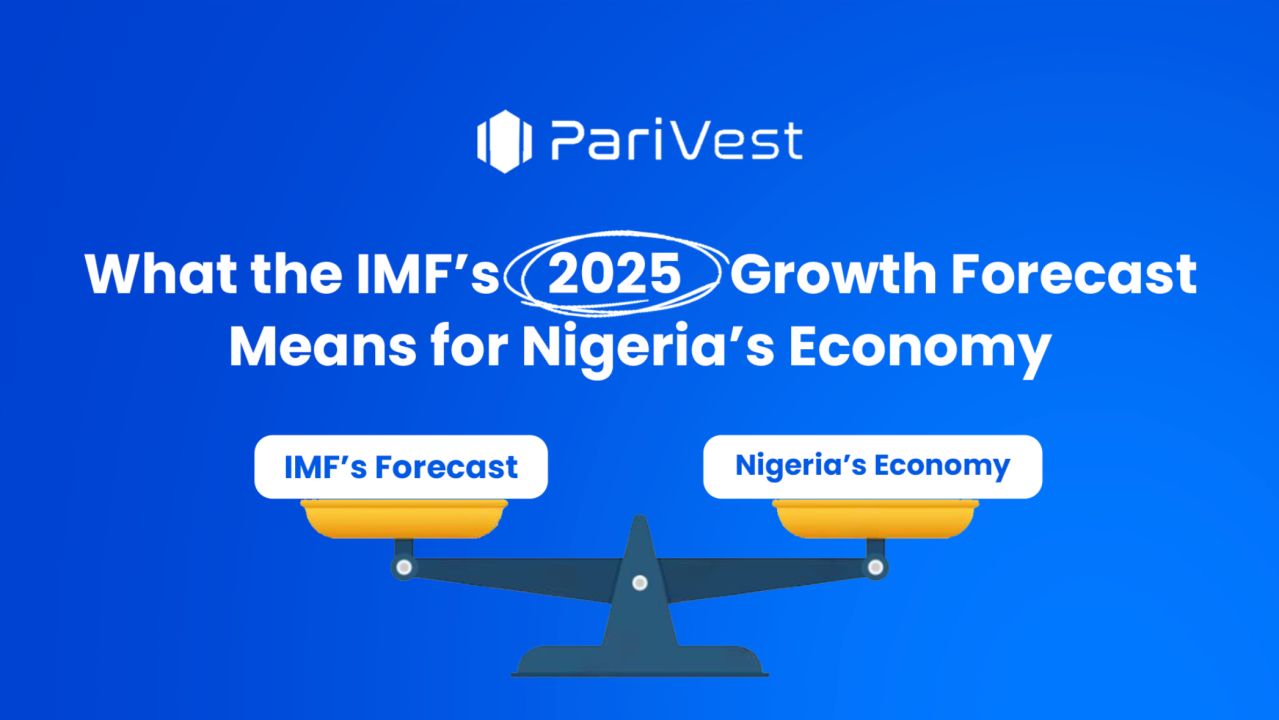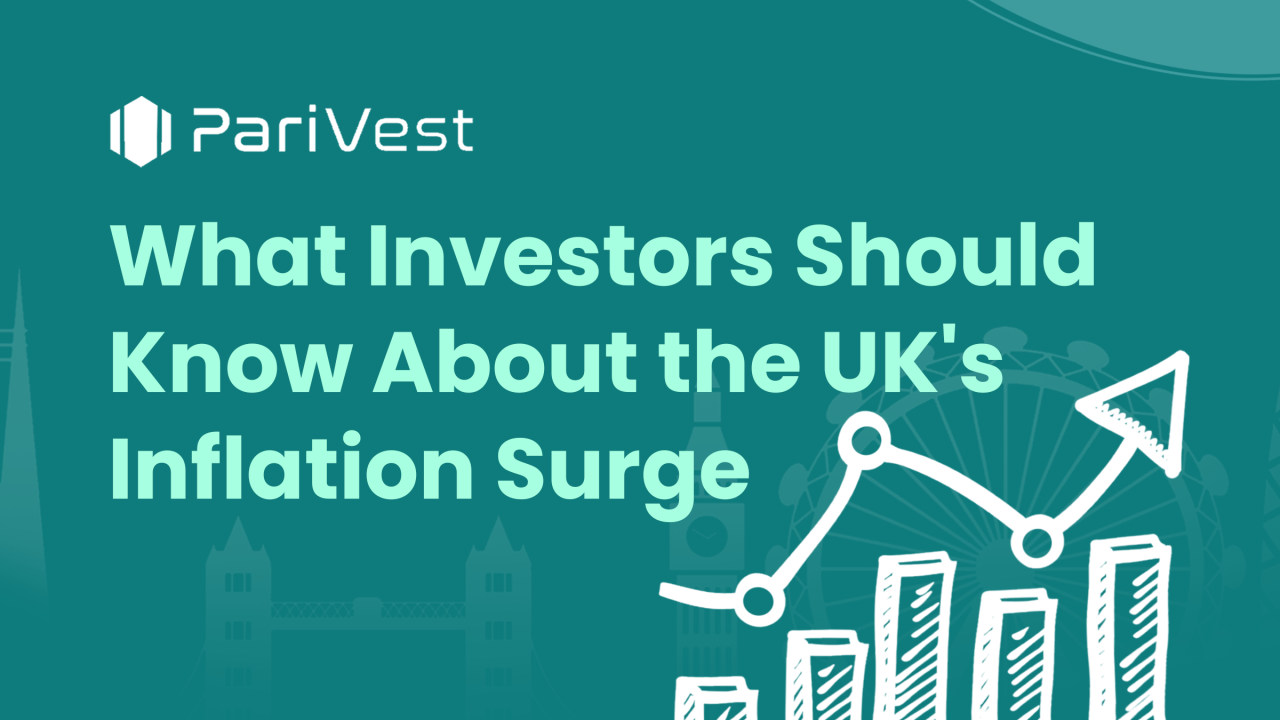
What the IMF’s 2025 Growth Forecast Means for Nigeria’s Economy
Rainy season is in full swing in Nigeria. The streets are wet, traffic is worse, and everything feels a little heavier. But it’s not just the weather that’s shifting.
The past few months have been a whirlwind in Nigeria's economic landscape, from new fiscal and monetary reforms to the naira fighting to stabilise. With these changes, global institutions are starting to take notice.
In this today's newsletter, we unpack the IMF’s latest growth forecast for 2025, and what it tells us about Nigeria’s economic recovery.
The IMF Updates Nigeria's Growth Forecast
The International Monetary Fund (IMF) has upgraded its outlook for Nigeria’s economy, projecting a growth rate of 3.4% in 2025 — up from 2.9% in 2023. The change is largely attributed to ongoing reforms, improved investor sentiment, and stronger performance in the oil and services sectors.
Reforms such as the removal of petrol subsidies and reduced central bank financing of the budget have contributed to growing macroeconomic stability. These measures, the IMF says, have helped restore investor confidence, with Nigeria returning to the Eurobond market and foreign portfolio inflows resuming.
But this progress is uneven. While inflation is easing and reserves are rising, poverty and food insecurity have worsened. The IMF warns that reform gains will not be sustainable without stronger social protection and better fiscal management.
Key Economic Indicators
Nigeria’s economy is showing early signs of recovery, with a few key improvements. For one, inflation is slowing down, largely due to tighter Central Bank policies, better food supply, and a more stable naira.
The naira has also strengthened. Foreign exchange reforms and Central Bank actions have narrowed the gap between the official and black market rates. This is boosting confidence in the currency and reducing pressure on businesses and importers.
Additionally, reserves are improving thanks to a current account surplus and stronger foreign inflows. This gives the country more room to manage shocks and support the naira if needed.
Government revenue has also increased, helped by stronger tax collection, higher oil output, and foreign grants. As a result, the government has a bit more space to spend on key areas like infrastructure and public services.
The IMF’s Warning
Despite macro-level improvement, the IMF’s message is clear: the reforms have yet to benefit all Nigerians. The IMF warns that falling oil prices, rising debt costs, or worsening security could undo these gains. Nigeria’s 2025 budget is based on oil selling at $75 per barrel, but global prices are closer to $68. Since oil is still a major source of income, that gap could cause serious problems if it continues. Additionally, poverty and food insecurity have worsened.
To solve these shortcomings, the IMF recommends:
Expanding targeted cash transfers to vulnerable populations
Recalibrating the 2025 budget to align with more realistic oil price assumptions
Maintaining tight monetary policy to keep inflation on a downward path
Increasing investment in agriculture, education, electricity, and healthcare to drive inclusive growth
What This Means for Investors
The reform environment is creating a more predictable and transparent investment climate. While challenges remain, the policy direction suggests Nigeria is entering a more stable phase — crucial for those looking to allocate capital or expand operations.
For Nigerian investors eyeing offshore assets, this may also be the right time to hedge against local volatility. Currency reforms and macro adjustments signal long-term strength, but it will take time for that strength to translate into better living standards or market certainty.
At PariVest, we keep you abreast of these issues so you can make the right decisions for your finances. For questions, contact us at support@parivest.com.


